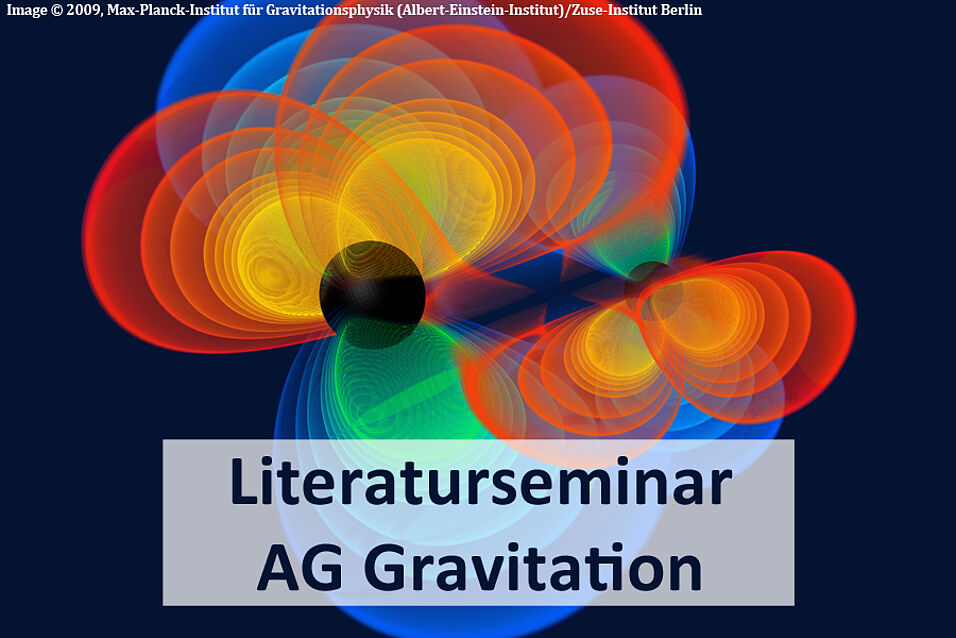In quantum physics an ideal clock can be modelled as a composite particle whose internal states 'measure' proper time along the the particle's trajectory.
However, quantum particles do do not follow classical trajectories due to Heisenberg Uncertainty Principle (HUP) for position and momentum.
A question then arises what are the states of quantum clocks that follow semi-classical paths? In textbooks quantum mechanics, semiclassical states of quantum particles are the well-known Gaussian states derived from minimising the HUP. I will show that for quantum clocks semi-classically propagating states are not Gaussian but a new class of quantum states that are derived from a new uncertainty inequality - for configuration space rather than for phase space variables.
I will also discuss some key properties of these states such as the inherent non-separability of their internal and external degrees of freedom, Lorentz covariance, and their relevance for experiments aimed at testing the limits of quantum theory.
key reference Composite particles with minimum uncertainty in spacetime Phys. Rev. Research 3, 013049 (2021)

